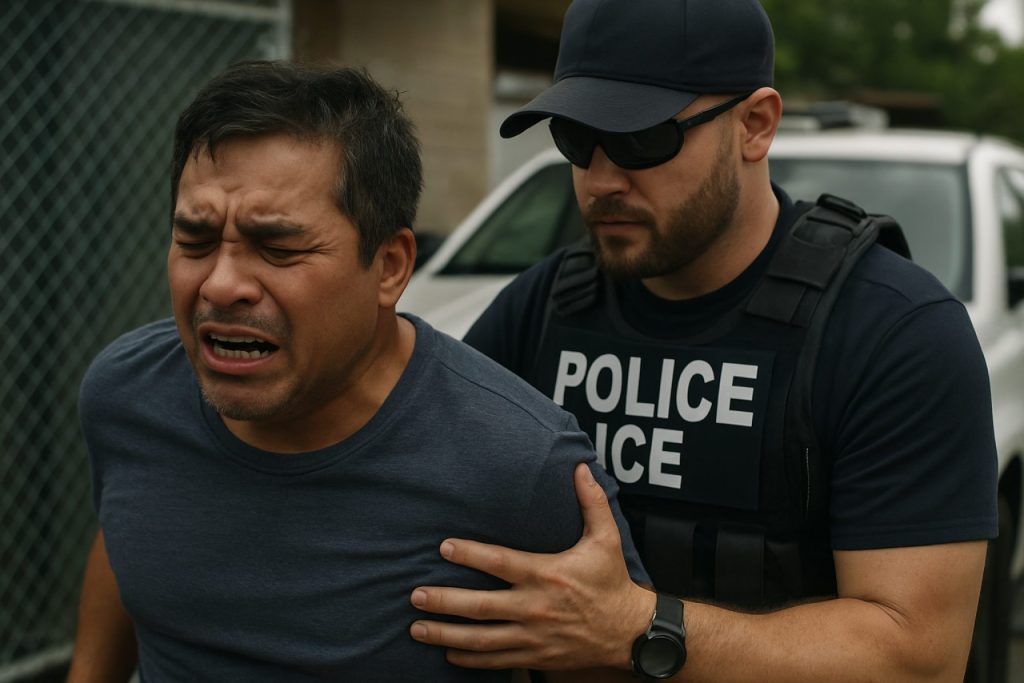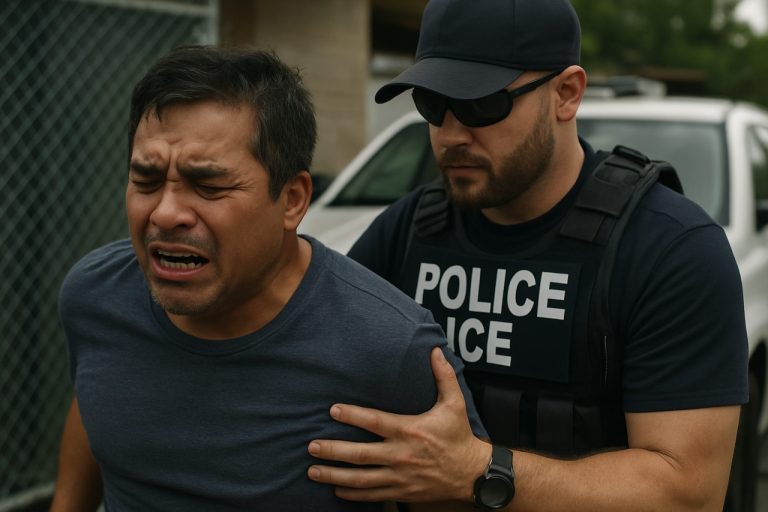
Why the Ábrego García Case Is Sending Shockwaves Through U.S. Immigration Courts in 2025
Federal judges are alarmed as the U.S. government’s actions in a controversial deportation case raise new concerns about due process and human rights.
- 2019: Federal order blocked Ábrego García’s deportation to El Salvador.
- 2025: U.S. officials admit deportation was a governmental “administrative error.”
- MS-13: Administration claims Ábrego García is gang-affiliated; his lawyers deny it.
America’s immigration system faces a storm of controversy after the deportation of Ábrego García, reigniting debates over the balance between national security and individual rights. Now, both conservative and liberal judges stand united in their frustration: They are openly concerned about the government’s apparent disregard for due process, calling the latest developments “worrying” and “unprecedented.”
The case centers on Ábrego García, whom the U.S. government forcibly deported to El Salvador’s infamous Cecot mega-prison—directly violating a 2019 federal court order. Multiple government lawyers have described the deportation as an “administrative error” they claim cannot be undone. García faces renewed uncertainty, and his imminent return to the U.S. is laced with new threats: authorities may still try to deport him to a different country or challenge the very order that kept him safe.
Adding further tension, the government insists García is affiliated with MS-13, a gang categorized as a foreign terrorist organization by the U.S. State Department. His defense team rebuts those claims, citing a lack of evidence and emphasizing basic rights.
Q&A: What Happened in the Ábrego García Deportation Case?
Q: Why are advocates and judges upset about this case?
A: Legal experts and judges across the spectrum are troubled by the government’s seeming indifference to due process and human rights. Deporting someone in violation of a court order undermines faith in the judicial system.
Q: How did federal authorities react to the error?
A: Officials downplayed the mistake, labeling it an “administrative error,” even as advocates argue such actions can’t simply be brushed aside.
Q: Is Ábrego García safe now that he might return?
A: Not necessarily. The government could seek to deport him to a third country, or file to reverse the original court order.
How Can Immigrants Protect Their Rights in 2025?
Immigrant advocacy groups urge staying informed and proactive:
- Record all legal decisions and court orders.
- Connect with reliable legal counsel who tracks changing immigration laws.
- Monitor official updates from the Department of Justice and USCIS.
- Join organizations like ACLU for community support and resources.
What Does the Future Hold for Ábrego García?
The next steps remain uncertain. Federal Judge Paula Xinis is overseeing a factual investigation to determine how, and if, the government is complying with orders to bring García back. Yet the case has faded from headlines as proceedings drag on out of the public eye.
Stay informed as this dramatic case unfolds—your rights and the nation’s core values are at stake.
Actionable Checklist:
- Verify your legal status and protections if you’re an immigrant.
- Maintain communication with legal advocates.
- Follow updates from trusted news sources and official agencies.
- Advocate for transparent immigration practices and judicial accountability.



